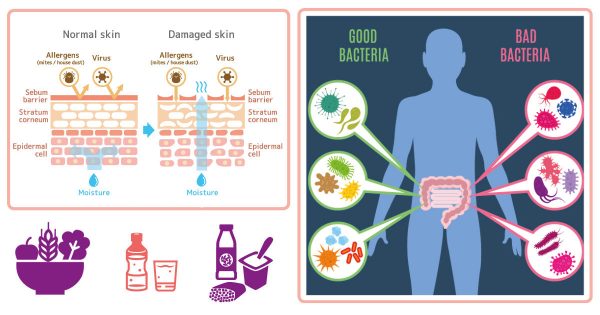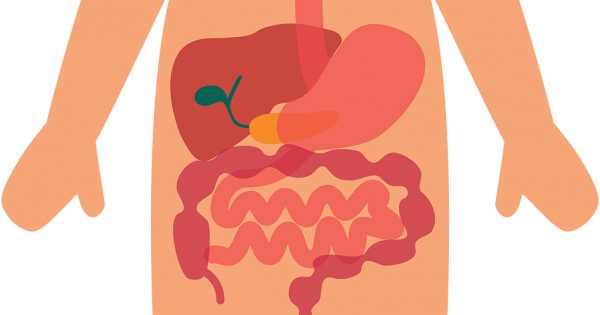Mouth ulcers are small, round or oval-shaped painful lesions that appear in the mouth. They can occur on the inner side of the cheeks or lips, the edge of the tongue, or at the base of the gums.
Mouth ulcers are generally harmless, but they can be a source of great discomfort for children, especially when it makes eating, drinking, talking and even sleeping difficult. For some, the pain can be so intense that they might refuse to eat, drink or brush their teeth. Some children tend to experience it more often than others.
What You Need to Know about Mouth Ulcers
Some children may be prone to developing recurrent mouth ulcers. This problem sometimes runs in families. The ulcers are usually small (less than 1 cm) with a grey or yellow colour and reddish margin. They may be triggered by trauma such as a cut or abrasion due to accidental biting of the tongue, brushing too hard, the rough edge of a tooth or consuming very hot food and drink. They can also be triggered by stress, eg during school examinations. Deficiencies of vitamins and minerals such as iron, folate and some of the B vitamins may also be associated with the development of these ulcers. Your child may complain of a tingling or burning sensation a day or two before the ulcer appears.
Sometimes, mouth ulcers may be caused by viral infections such as hand, foot and mouth disease or chicken-pox. These types of ulcers may be associated with fever as well as rashes on other parts of the body.
What You Can Do
Normal mouth ulcers usually heal quickly within a week or two without any treatment. However, if your child is greatly disturbed by the stinging soreness, there are things you can do to ease your child’s pain and promote healing of the ulcer.
Food choices
- Avoid feeding foods that are hard, chunky, very hot, salty, spicy or acidic (eg orange juice).
- Feed bland foods (eg yoghurt, custard) that won’t aggravate the pain.
- Make sure he drinks lots of water.
Relieving the pain
- Let him suck on ice.
- Apply pain-relieving oral gel on the affected area.
For quick healing
- Have him rinse his mouth with mild salt solution.
- Encourage him to sleep more.
- Get your child back to his regular eating habits.
When to Take Your Child to the Doctor
Sometimes multiple ulcers or ulcers that don’t heal may hint a hidden problem, such as a viral infection. Take your child to the doctor if you notice these signs or symptoms:
- When the mouth ulcer gets bigger or deeper.
- When there are multiple ulcers; this may be indicative of
hand, foot and mouth disease or herpes virus infection
(cold sore virus). - When the ulcer does not heal after 2 weeks.
- When there is significant bleeding.
- When it is accompanied by fever or diarrhoea.
- When your child has extreme difficulty in eating or drinking.







Comments